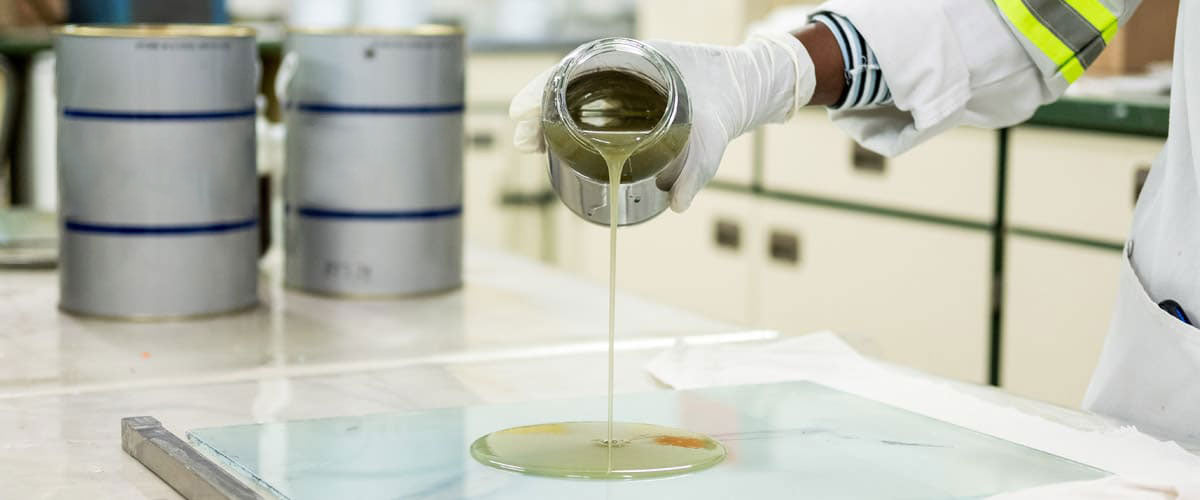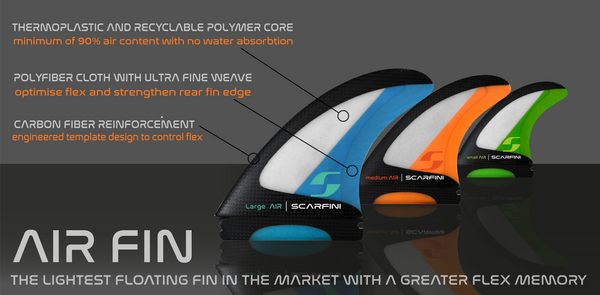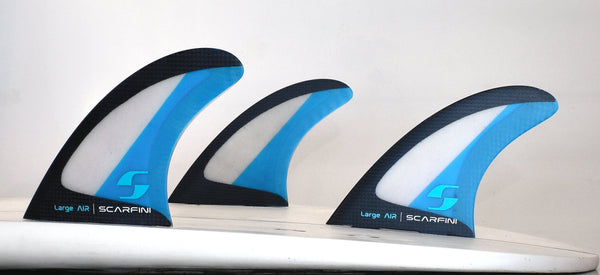Environment sustainability


THE IMPACT OF PLASTIC
Plastic pollution is having a negative impact on our oceans and wildlife health.
In 2010 global primary production of plastic was 270 million tonnes and global plastic waste was 275 million tonnes. By 2015, the world had produced 7.8 billion tonnes of plastic — more than one tonne of plastic for every person alive today! (ourworldindata.org)Apart from the process of making plastics, plastics itself does not contribute to a Carbon Footprint. Rather, plastic is a pollutant that remains in our environment forever and takes thousands of years to disintegrate. Plastics largely accumulate in our oceans after making their way via storm water systems. They are responsible for killing innocent wildlife and breakdown into micro plastics which are being consumed by fish which ultimately is being consumed by humans.
503 600 tonnes of plastics was collected for recycling in South Africa in 2019. This equates to an input recycling rate of 45.7%. The input method calculates how much plastic have been collected for recycling whilst the output rate gives a percentage of how much plastic was processed and sold as new raw materials. South Africa converted 337 745 tonnes of recycled material in new products in 2019. (plasticsinfo.co.za)
By using Polyethylene Terephthalate (PET), we are recycling product that was destined to landfill which will contribute directly to the country’s output rate of recycling.
Putting pure science at the heart of our business, we aim to create a more sustainable planet for generations to come. This means minimizing our own carbon footprint and the impact on mother nature through.
innovation and partnerships.
Through the implementation of small focused projects to REDUCE, REUSE or RECYCLE waste streams associated with our business and our industry, our actions along with our supplier’s support will be
‘kinder to our earth’.
It is with this common purpose that we choose to use Earthkind resin for our Scarfini fins.
How much plastic is recycled through using Earthkind 100-Series Resins?






